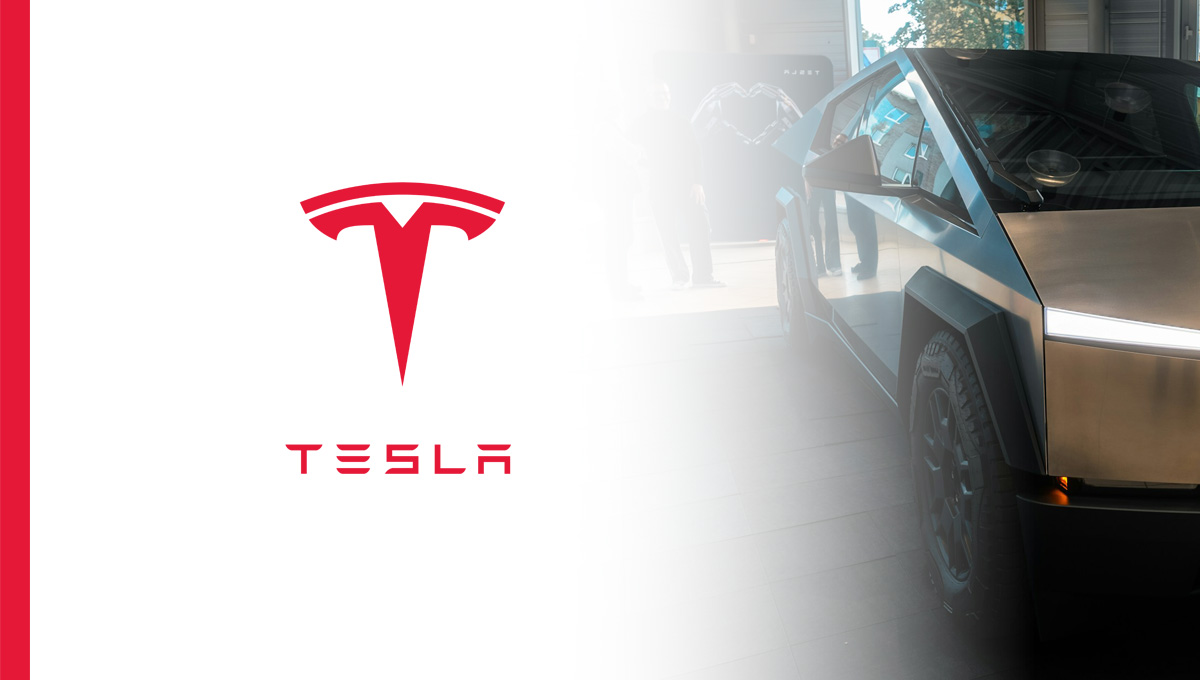Innovation and sustainability are pivotal for a healthier planet, and Tesla is at the forefront of transforming both the automotive landscape and energy consumption practices. Leader in electric vehicles, Tesla is also involved in a number of other activities.
Understanding Tesla’s Innovation Strategy
Tesla’s innovation strategy is a multifaceted approach that combines advanced technology, innovative business models, and a deep-seated commitment to sustainability. This strategy enables Tesla to excel in a competitive automotive market while laying the groundwork for a sustainable future.
Interested in data on top US companies?
Save tens of hours in 2 minutes with some of our best-selling Excel files:
Technology Integration
Tesla leverages cutting-edge technologies to elevate vehicle performance, enhance user experiences, and minimize environmental impact. Key technological innovations include:
– Autopilot and Full Self-Driving (FSD): Utilizing artificial intelligence and machine learning, these systems are designed to facilitate safe autonomous driving, thereby aiming to reduce traffic incidents and improve transportation efficiency. Tesla’s advancements in AI allow vehicles to learn from real-world driving scenarios, enhancing safety measures over time.
– Over-the-Air (OTA) Updates: Tesla’s ability to provide regular software updates allows vehicles to improve functionalities without needing service center visits. This keeps vehicles at the cutting edge of technology, enhancing longevity and performance.
– Supercharger Network: With a vast network of fast chargers, Tesla addresses range anxiety among electric vehicle (EV) owners, ensuring that long-distance travel is convenient. This infrastructure supports an ideal ecosystem for EV users.
Tesla’s focus on technology not only enhances user experiences but also significantly reduces carbon footprints, demonstrating how innovation can propel sustainability.
Infrastructure and Ecosystem
Tesla has developed an intricate ecosystem supporting sustainable energy usage, including:
– Gigafactories: These massive production facilities are purpose-built to manufacture batteries and electric vehicles at scale, significantly lowering production costs and optimizing logistics operations, contributing to economies of scale that make EVs more affordable.
– Energy Products: Tesla’s Solar Roof and Powerwall allow homeowners to harness solar energy, thus promoting renewable energy adoption and reducing reliance on fossil fuels. This creates a symbiotic relationship between energy generation and storage.
– Collaboration with Stakeholders: By teaming up with governments, businesses, and non-profits, Tesla fosters initiatives to promote EV adoption and renewable energy. This collective approach magnifies the impact and effectiveness of sustainability efforts.
Entrepreneurs and investors can harness insights from Tesla’s integrated approach to identify new business opportunities within the sustainability sector.
The Impact of Sustainability on Tesla’s Brand
Sustainability forms the backbone of Tesla’s brand identity, facilitating deep connections with environmentally-conscious consumers and setting it apart in a saturated market.
Consumer Loyalty through Sustainability
Tesla’s unwavering commitment to sustainability fosters loyalty and trust among customers:
– Eco-Friendly Products: The offer of fully electric vehicles and sustainable energy products resonates with consumers keen on minimizing their carbon impact.
– Transparency in Practices: By actively sharing information about its supply chain and sustainability initiatives, Tesla builds brand trust among consumers who prioritize ethical standards.
– Community Engagement: The company engages in global initiatives and supports local projects to foster environmental stewardship, enhancing goodwill and customer loyalty.
Consumers are empowered to support sustainable brands like Tesla, advancing their commitment to the planet while making choices aligned with their values.
Financial Performance and Market Position
Tesla’s dedication to sustainability has translated into significant financial success:
– Stock Growth: Tesla’s stock has seen remarkable appreciation, underpinned by its leading innovations and status in the electric vehicle market.
– Partnerships and Investments: The focus on sustainability has attracted collaborations with like-minded corporations and organizations, boosting Tesla’s influence and reach in the market.
Investors should recognize that sustainability remains a crucial component for future profitability, especially in sectors facing rigorous carbon emission regulations.
Challenges and Future Directions
Despite its pioneering status, Tesla confronts several challenges critical to sustaining its competitive advantage in a rapidly evolving automotive landscape.
Supply Chain and Materials
Tesla faces challenges in ensuring the sustainability of its supply chain, particularly for vital battery components like lithium and cobalt:
– Ethical Sourcing: Responsible sourcing of materials is essential for maintaining sustainability and protecting brand reputation. Tesla is striving to ensure transparency in its supply chains, working with ethical suppliers.
– Recycling Initiatives: Investments in technologies for recycling batteries aim to reduce waste and recover valuable materials, reinforcing Tesla’s commitment to a circular economy model.
Consumers can play a role by prioritizing brands that invest in sustainable sourcing practices and responsible supply chains.
Competition and Market Dynamics
As the electric vehicle market becomes more competitive, Tesla must continuously innovate to maintain its leadership position:
– Adapting to Market Needs: Staying informed about consumer trends and technological advancements is vital to remaining relevant and responsive to market demands.
– Maintaining Leadership: Continuous innovation in product and technology development is crucial for Tesla to uphold its status as an industry pioneer.
By following market trends and technological advancements, consumers can make informed, future-oriented automotive decisions.
Tesla is not merely reinventing the automotive sector; it is instigating a cultural shift towards sustainable living. Through its innovative and sustainable practices, Tesla is not only defining the future of transportation but also encouraging a collective reassessment of our personal and corporate actions to foster a greener, more sustainable world.






![Top 1200 UK Companies [FTSE All-Share + FTSE AIM All-Share] – Excel Download](http://store.disfold.com/wp-content/uploads/sites/11/2024/05/top-1200-uk-companies-ftseallshare-aimallshare-small.jpg)
![Top 500 Australian Companies [All Ordinaries] – Excel Download](http://store.disfold.com/wp-content/uploads/sites/11/2021/04/top-500-australian-companies-allordinaries-small.jpg)